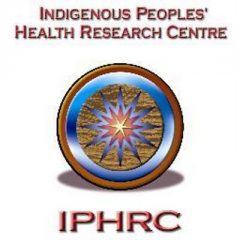


W. Ermine, D. Sauchyn, J. Pittman
ABSTRACT
This report provides an overview of the findings from the Prairie Adaptation Research Collaboration project, Nikan Oti: Future – Understanding Adaptation and Adaptive Capacity in Two First Nations. Two community case studies were undertaken with the intent of understanding adaptation and adaptive capacity and specifically how communities make adjustments to their natural or human systems that will minimize their risks and position them to take advantage of new opportunities that climate change may present. Three basic objectives guided this community case study: Understanding and enhancing adaptation and adaptive capacity in support of climate change decision making; to examine and enhance community adaptation strategies; and to enhance adjustments in human systems in response to actual changes in climate and environment. Primary research with Elders from the two communities reveals significant socio cultural changes impacting the people resulting in some degree of maladaptation as adjustments were attempted. James Smith Elders identified a catastrophic cattle die-off in their community history and the resulting introduction of the welfare system as having a domino effect that led people into dependency. The particular concerns of the Shoal Lake Elders were the changed behaviours of their youth but they also identified other issues that werea result of changing lifestyles in the community. Community resources such as philosophies, culture and a deep seated spirituality provide elements of hope that the people from both communities can facilitate adaptive strategies as the future is negotiated.